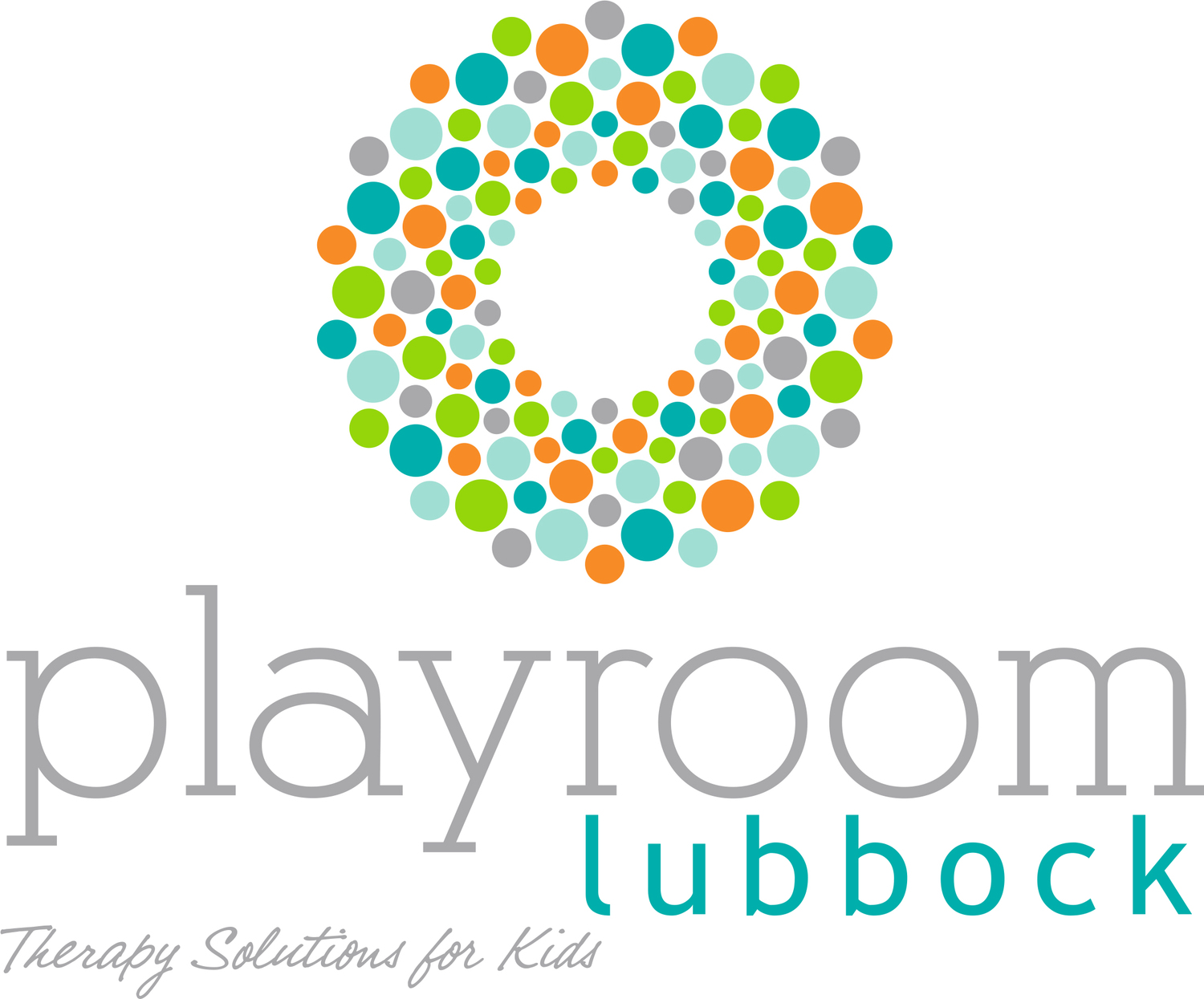There is a message in the misbehavior of hitting and biting. It's normal for toddlers and preschoolers to have difficulty managing big feelings and impulses. Often times we misinterpret a child's aggression as being intentional or an attempt to manipulate. Instead, look at aggression as your child's way of communicating. Our young people are still developing vocabulary and do not have the skills to sophisticatedly express overwhelming feelings. Hitting and biting can be a child's way of saying "I need space!" or "I'm jealous that you are playing with that!" or "I want to make my own choices!" Biting may also be an attempt for a child to experiment and test his body's capabilities.
Here are ways to offer your support for your child's emotional development when he or she is hitting or biting.
1. React calmly. When you witness or hear about your child hitting or biting, your first reaction may be tensing your body, heart racing, or your face feeling hot. Breathe and exhale and gently move your child away from the situation. Attend to the child who was hurt with empathy and tenderness.
2. Prepare. Watch your child carefully and take mental notes of things that seem to make your child feel stressed, overwhelmed, frustrated, or sad. Look for patterns such as in transitions, time of day, and other triggers such as overstimulation. Frequent biting in toddlers and older children can often be related to sensory processing issues and an attempt to receive oral stimulation.
3. Use empathy. Use feeling words to build your child's emotional vocabulary. "You're so disappointed that it's time to go!"
4. Set the limit and teach. "You wanted a turn on the slide. Your hands are not for hitting. Next time you can say, Can I have a turn please?" or "No biting-biting hurts! Teeth are for food!"
5. Redirect: Sometimes our children need our support to make a healthy choice. It may mean gently intervening mid-swing at another child. Try using humor and being light hearted "Woah, we're not painting on people today silly, only paper!" Find an alternative for a child to bite when she feels the urge: chewies, ice, biting blanket.
6. Repair. Many natural reactions are to follow up with punishment, but instead, use this time for connection and learning. Give a hug. Sit quietly for a few minutes. Evaluate your child's needs: hungry? tired? Once your child is calm, talk about what happened by putting feeling words into the situation. Forced apologies are meaningless. Build empathy in your child by asking him or her what might make the hurt child feel better.
7. Use connection. If you feel your child is acting aggressively for attention or connection, give him lots of undivided attention throughout the day. Read a book, draw together, allow your child to help with simple tasks, create special moments together.
8. Consider speech and language milestones. Often times a child feels frustration in communication. Is your child meeting his milestones in speech and language?
9. Repeat: Spending time helping your child build the skills and vocabulary is time well spent. Healthy habits may take time to develop.
(Tips compiled from imperfectfamilies.com; Ages and Stages in Parents magazine).
